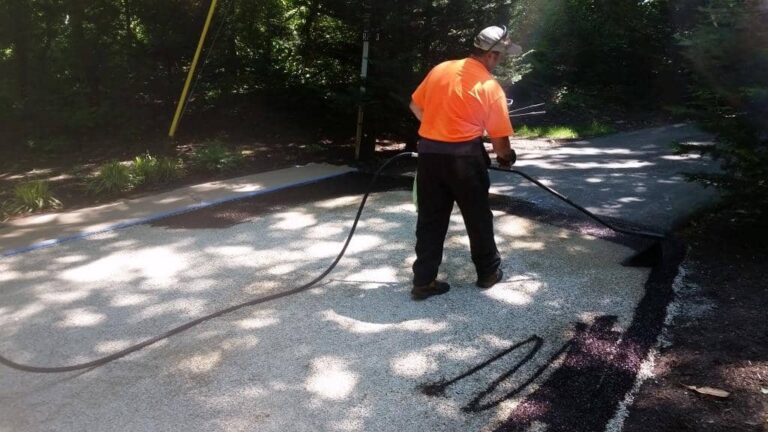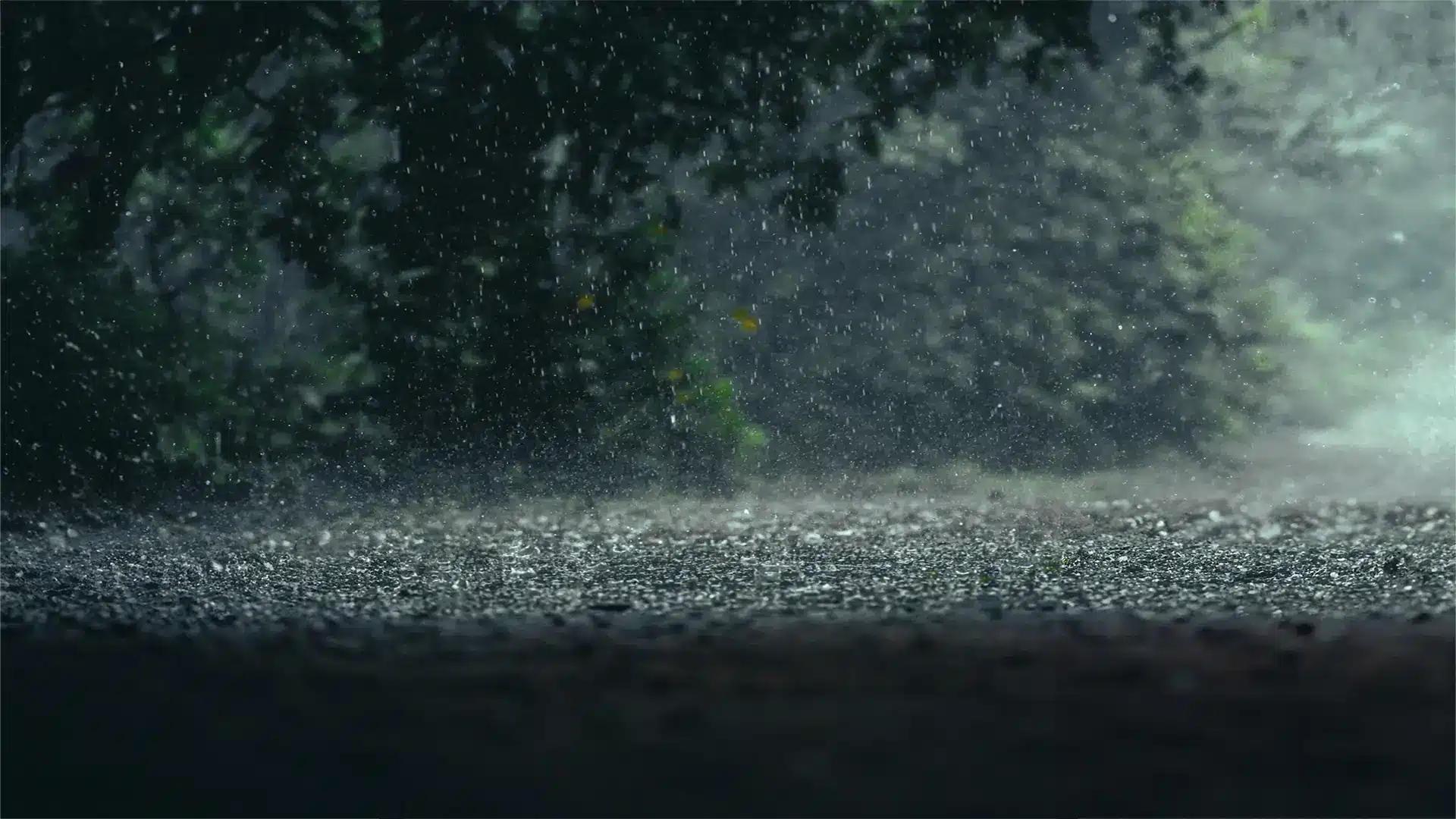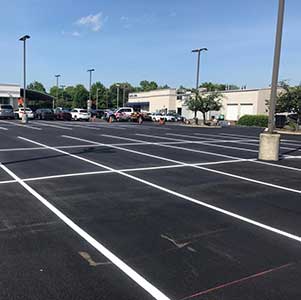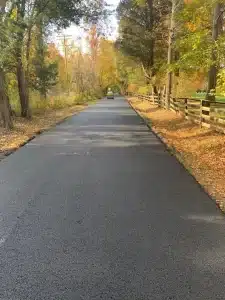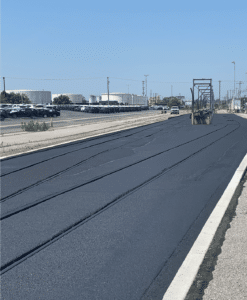The temperatures have finally dropped, and winter is coming soon. As colder months arrive, there are many tasks that we must all complete to prepare our properties for extreme temperatures. However, don’t neglect your driveway during this time. A proactive customer recently asked us if you can sealcoat your driveway in the fall months. Let’s discuss this!
Can you sealcoat your driveway in the fall?
As a rule of thumb, the sealcoating season is ending, but that doesn’t mean it is entirely out of the question. It all depends on where you live and what your nightly temperatures hover around. The curing process of sealcoating needs a nightly temperature of at least 50 degrees.
Another issue with completing a full sealcoat in the autumn is that leaves can fall onto the fresh coat and adhere to it.
What can I do to prepare my driveway for winter?
Although we do not recommend completing a full sealcoat of your driveway in the fall months, there are several things you can do to prepare your asphalt for colder temperatures.
The most important thing you can do to prolong the life of your driveway now is to inspect it for any cracks that it may have and seal them as quickly as possible. While you check your driveway, carry a camera with you to document any potential issues and compare them in the spring.
Why do I need to seal asphalt cracks?
Cracks may start small, but over time, they will lead to substantial damage if left untreated.
This is especially true in winter when temperatures drop and water freezes. Water always travels the path of least resistance and will settle into the most minuscule areas. A small crack or divot is the perfect place for water to gather and freeze. Naturally, as water freezes, it expands, making cracks, holes, and divots larger, causing further damage.
That is why we recommend sealing cracks and holes before winter precipitation falls. Although the time of year for full sealcoating has passed, you can still prevent further damage by being proactive with sealing asphalt cracks and holes now.
Other Tips for Preparing Your Driveway for Winter
Along with sealing any cracks you may find while inspecting your driveway in the fall, you can do several other things proactively to protect your asphalt.
We suggest taking the time before it gets any colder outside to power wash your driveway to clear it of any accumulated debris such as leaves, sticks, and other substances. Debris on your driveway can retain harsh chemicals from vehicles that can cause premature breakdown of the binder in your asphalt, thus weakening it. Accumulated debris also makes thawing snow and ice difficult when it arrives and can make your driveway impassable.
Furthermore, it is always a best practice to pull out any equipment you use for snow and ice removal and inspect it early. If it is damaged or not working correctly, replace or repair it now so it does not damage the surface of your asphalt. Some recommend using calcium-based ice melt during the winter. Calcium is a natural chemical instead of other harsher blends you may find on the market. Don’t just grab the first thing you see because it could cause damage that must be repaired later.
When is the Best Time to Sealcoat Your Asphalt?
Although fall is not the best time to sealcoat, springtime is! That is why it is essential to prevent as much damage the cold months can create as possible. However, if you have damage that occurred during winter, we can help you repair it in spring.
Fall is a beautiful time of year and a busy one as well, but don’t forget that being proactive with your driveway can save you money in the long run. If you need help inspecting your driveway or need repair work completed before winter sets in, contact us today, and don’t delay!

